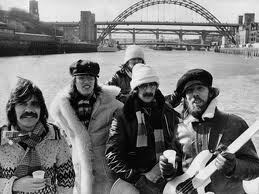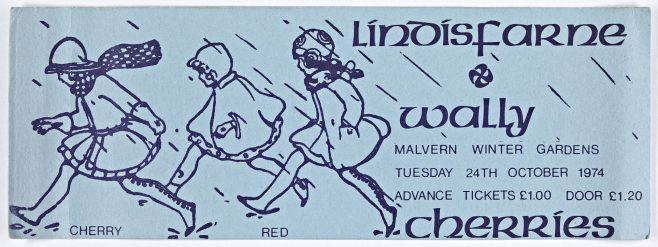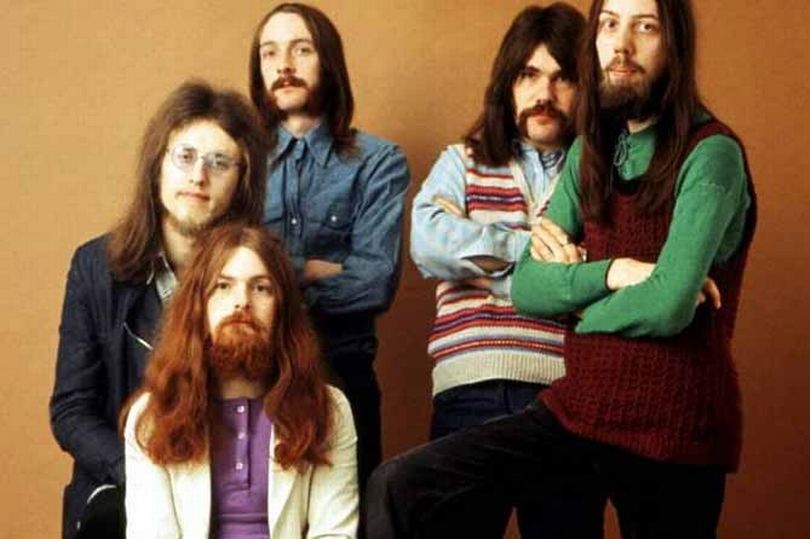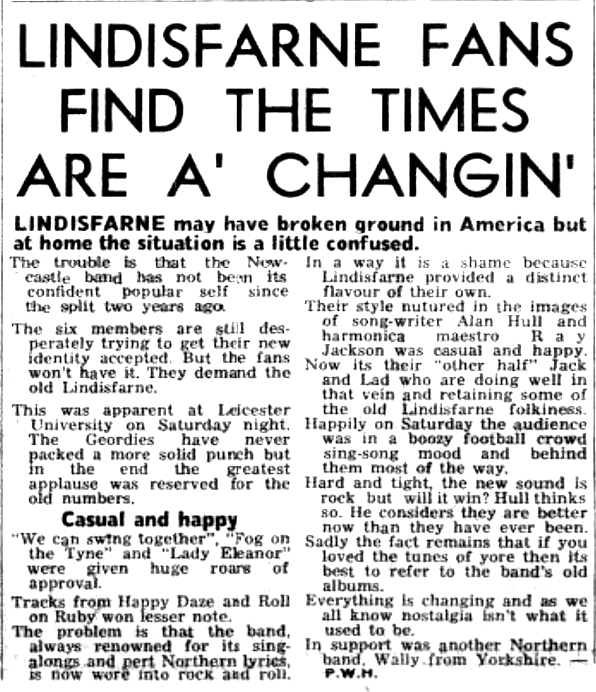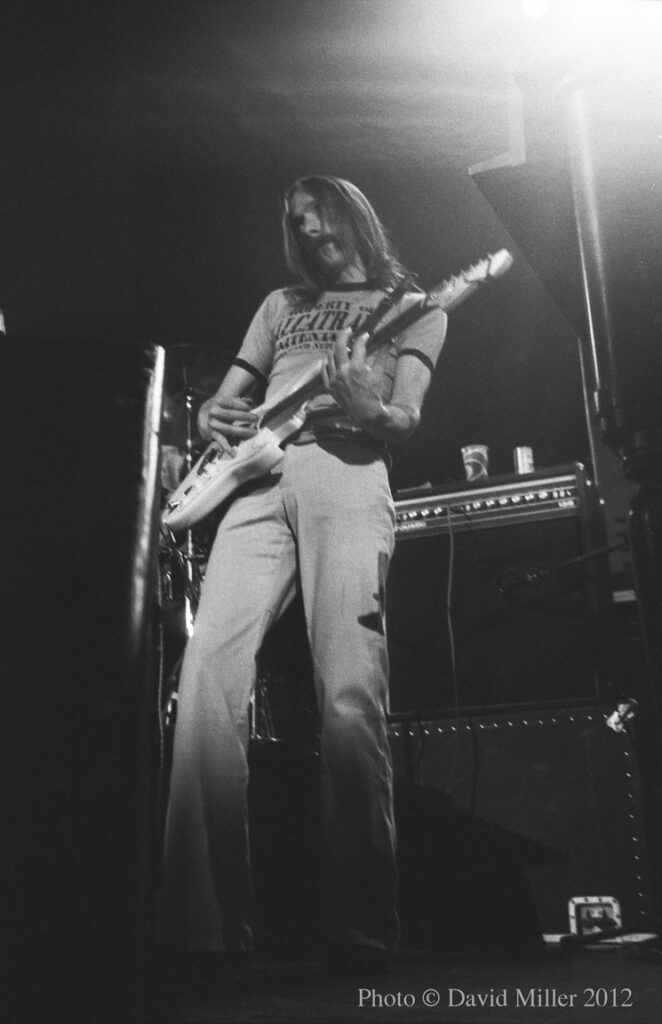Lindisfarne is an English folk rock band from Newcastle upon Tyne established in 1968 (originally called Brethren). The original line-up comprised Alan Hull (vocals, guitar, keyboards), Ray Jackson (vocals, mandolin, harmonica), Simon Cowe (guitar, mandolin, banjo, keyboards), Rod Clements (bass guitar, violin) and Ray Laidlaw (drums).
They are best known for the albums Nicely Out of Tune (1970), Fog on the Tyne (1971) (which became the biggest selling UK album in 1972), Dingly Dell (1972) and Back and Fourth (1978), and for the success of songs such as “Meet Me on the Corner”, “Lady Eleanor”, “Run for Home”, “Fog on the Tyne” and “We Can Swing Together”.
The group began as The Downtown Faction, led by Rod Clements, then changed their name to Brethren. In 1968, they were joined by Alan Hull and became Lindisfarne, after the small island, Lindisfarne, off the coast of Northumberland.
In 1970, Tony Stratton Smith signed them to Charisma Records and their debut album Nicely Out of Tune was released that year. This album defined their mixture of bright harmony and up tempo folk rock. Neither single released from the album, “Clear White Light” or “Lady Eleanor”, charted; nor did the album itself at first. However, the band obtained a strong following from its popular live concerts and built a reputation as one of the top festival bands.
Their second album Fog on the Tyne (1971) produced by Bob Johnston, began their commercial success. This album reached No. 1 in the UK Albums Chart the following year. The extracted single “Meet Me on the Corner”, composed by Clements and sung by Jackson, reached No. 5 in the UK Singles Chart and remains the only Lindisfarne song to win an Ivor Novello Award. The performance of this song on BBC TV’s Top of the Pops featured Laidlaw striking a large bass drum with a rubber fish.
“Lady Eleanor” was reissued as a follow-up to “Meet Me on the Corner” and reached No. 3 in the UK and No. 82 in the US. The debut album Nicely Out of Tune belatedly made the UK Albums Chart Top 10 and the band began to attract a larger media following, with some[who?] calling Hull the greatest songwriter since Bob Dylan. The band were referred to as the “1970s Beatles”.

